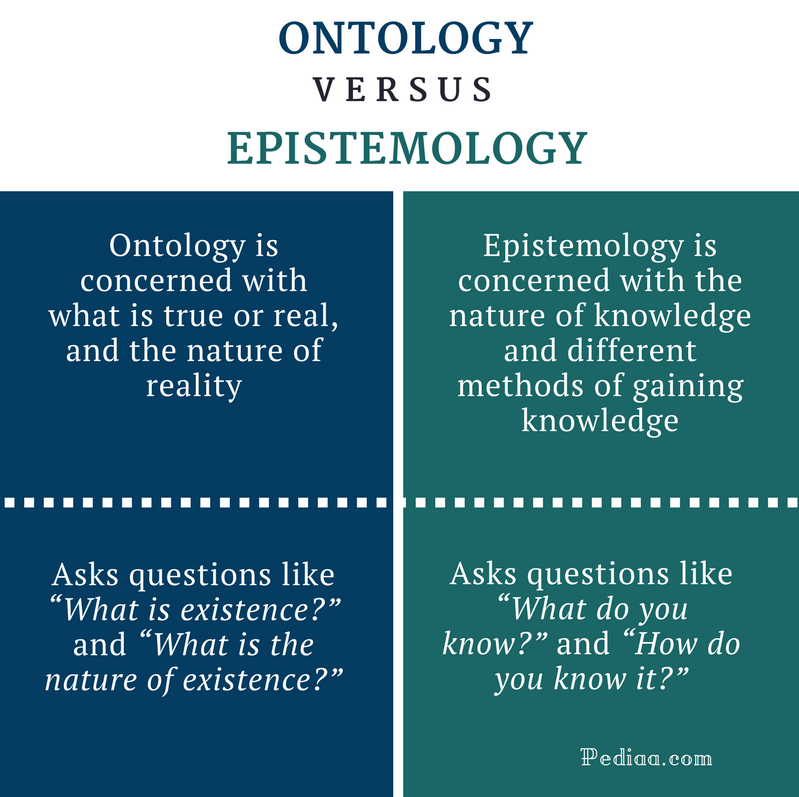. . . In Thomas Kuhn's classic,
The Structure of Scientific Revolutions, he shows how once a belief is established based on objective criteria, and unanimous consent, it becomes the reigning orthodoxy. But for this reigning orthodoxy to advance, evolve, grow, requires new, "unorthodox" beliefs and theories that undermine the reigning orthodoxy.
At the point where a new, unorthodox belief, begins to support itself with evidence, the high priest of the orthodoxy up their attack since the unorthodox belief threatens what they take to be the static truth of their orthodoxy. At some point, a new, unorthodox belief, is more fit for survival than the orthodox belief, and overcomes the orthodox belief to start a new orthodoxy.
Naturally this process is never-ending. It's the process of natural selection going on in the meme-sphere as it goes on, much more slowly, in the gene-sphere.
Which is where my quotations of Ray Kurzweil and Daniel Dennett comes into the picture since these two atheistic materialist scientists have come to realize that evolutionary advances that took millions and billions of years in the genes-sphere are now taking place in the twinkling of an eye in the meme-sphere.
This process is so outrageous that these atheist materialists now concede that the human mind doesn't appear to be a natural product of the evolution through which it allegedly arose since it completely transcends and has taken over the processes that allegedly gave it rise. It's like the kabbalistic principle of the son conceiving with his mother to give himself birth.
In an accurate translation of the Hebrew of Genesis 17:17, Abraham laughs at God not for saying that he is going to give birth when he's 99 years old (since his own father was older than that when he conceived Abram). In the literal Hebrew Abraham asks, "
Am I going to be born-again at 99 years of age? And is my barren wife going to be my mother?"
. . . Which makes the student of the Bible skip forward to Nicodemus laughing at Jesus when Jesus tells him that he, Nicodemus, must be born again (regardless of his age) and that he must conceive of his new birth himself.
Where a Bible serious and careful exegete is involved in the interpretation, Jesus goes much further since he specifically refers to Genesis 17:17 when he asks Nicodemus if he is a student of the Torah and yet unaware that God told Abraham, the father of Nicodemus, that he, father Abraham, must be born again, and that his sister/wife will conceive him.
The body of the human mind --- the brain ---- no doubt comes before the human mind, and is clearly an adult before the human mind is born. But make no mistake, according to the bible, the human mind conceived itself in the flesh of biological-life long before its day of birth:
Human freedom is younger than the species. Its most important features are only several thousand years old--- an eyeblink in evolutionary history---but in that short time it has transformed the planet in ways that are as salient as such great biological transitions as the creation of an oxygen-rich atmosphere and the creation of multicellular life.
Daniel Dennett, Freedom Evolves, p. 305.
In the twinkling of an eye the human mind, freed from the constrains of gene-evolution, has transformed its environment in ways that transcend the genes by almost infinity. And it's only just begun. What the human mind has in store in the next century will dwarf everything that has occurred in the previous billions of years. In one century, the next, the human mind is going to transform not just planet earth in ways completely unimaginable today, but it's going to justify the recent song by the
Foo Fighters, The Sky is a Neighborhood.
The Biblical Kingdom of God is upon us and in us. Hope to see you there. There are some reading these words who will not die before it gives itself birth through us.
John

